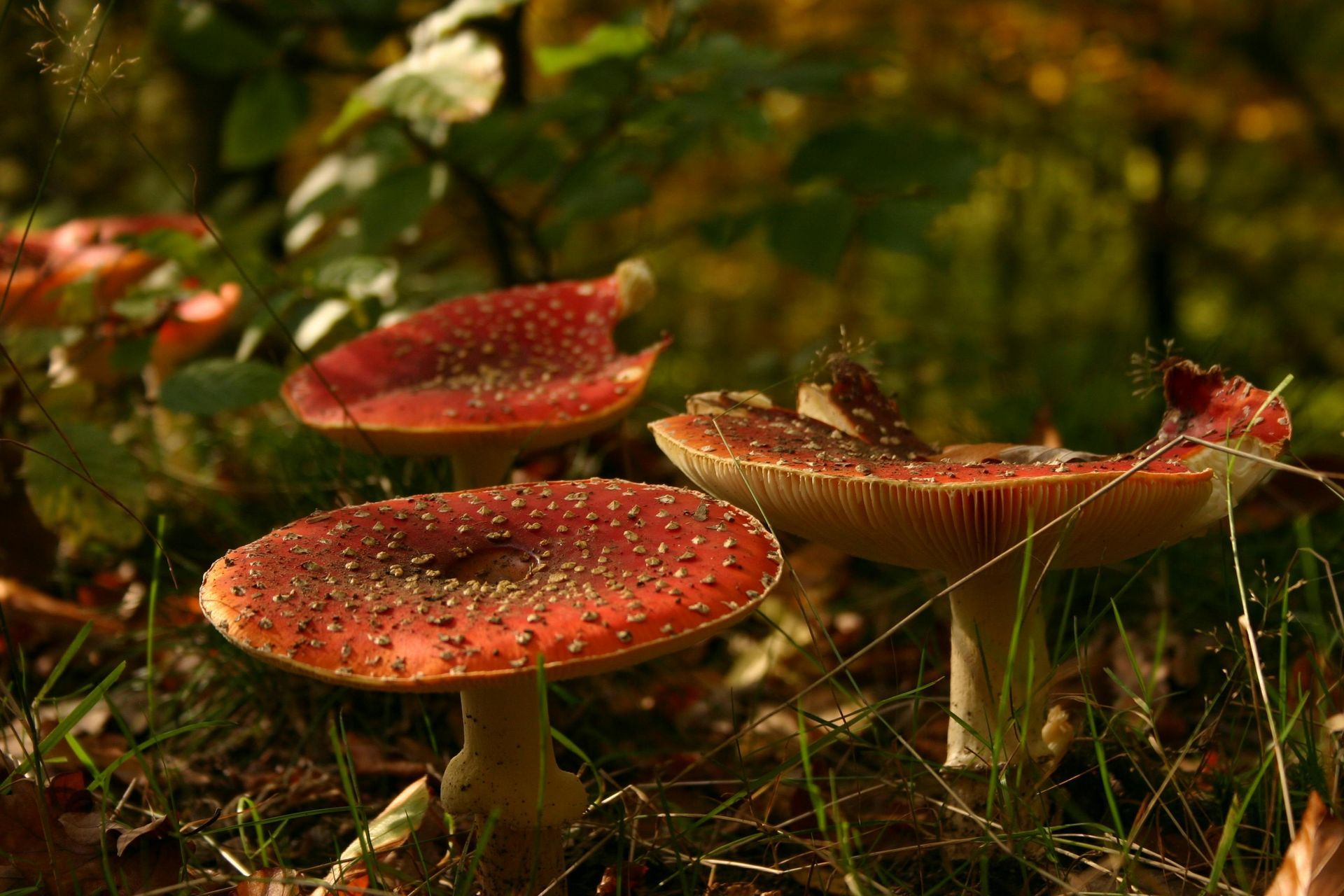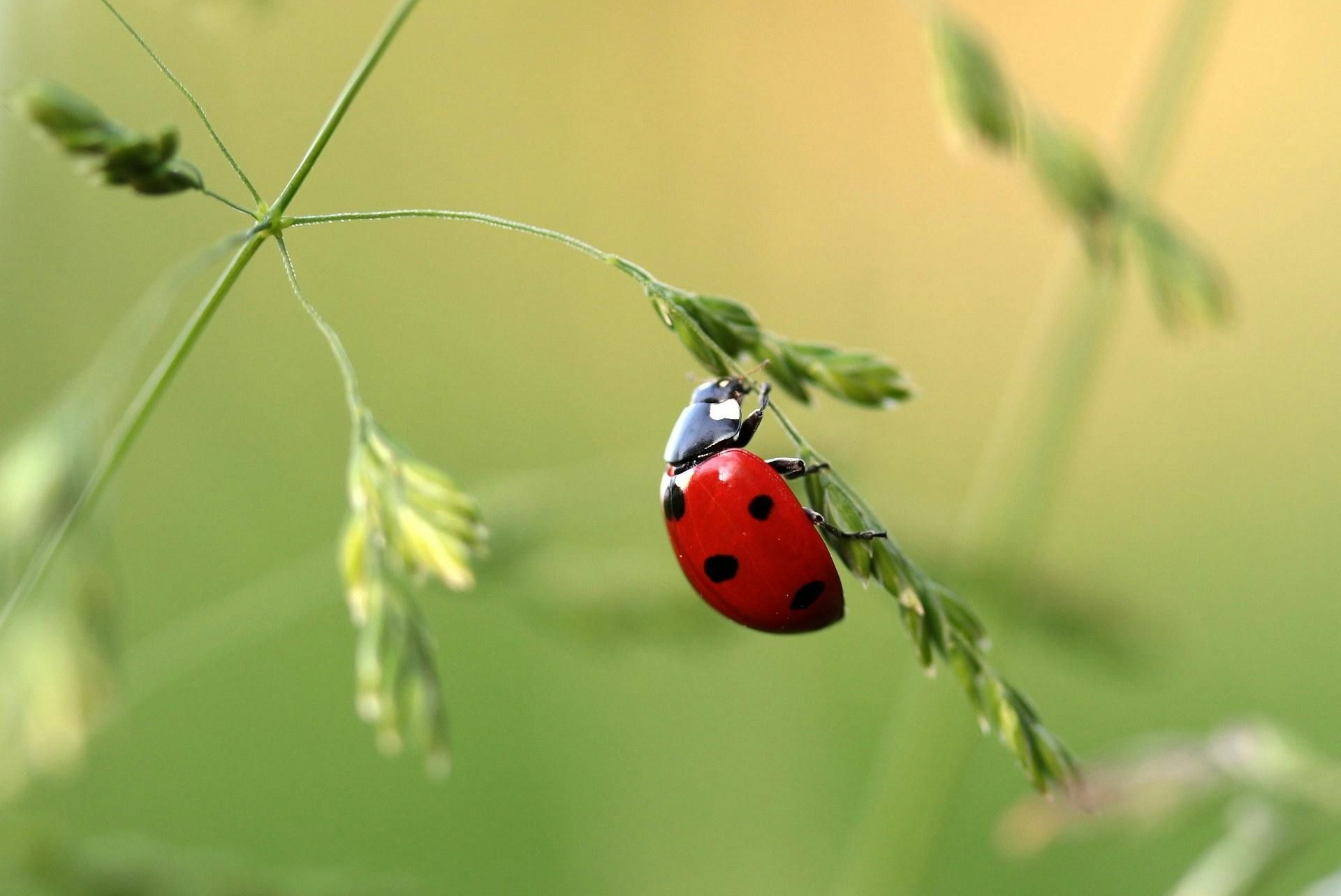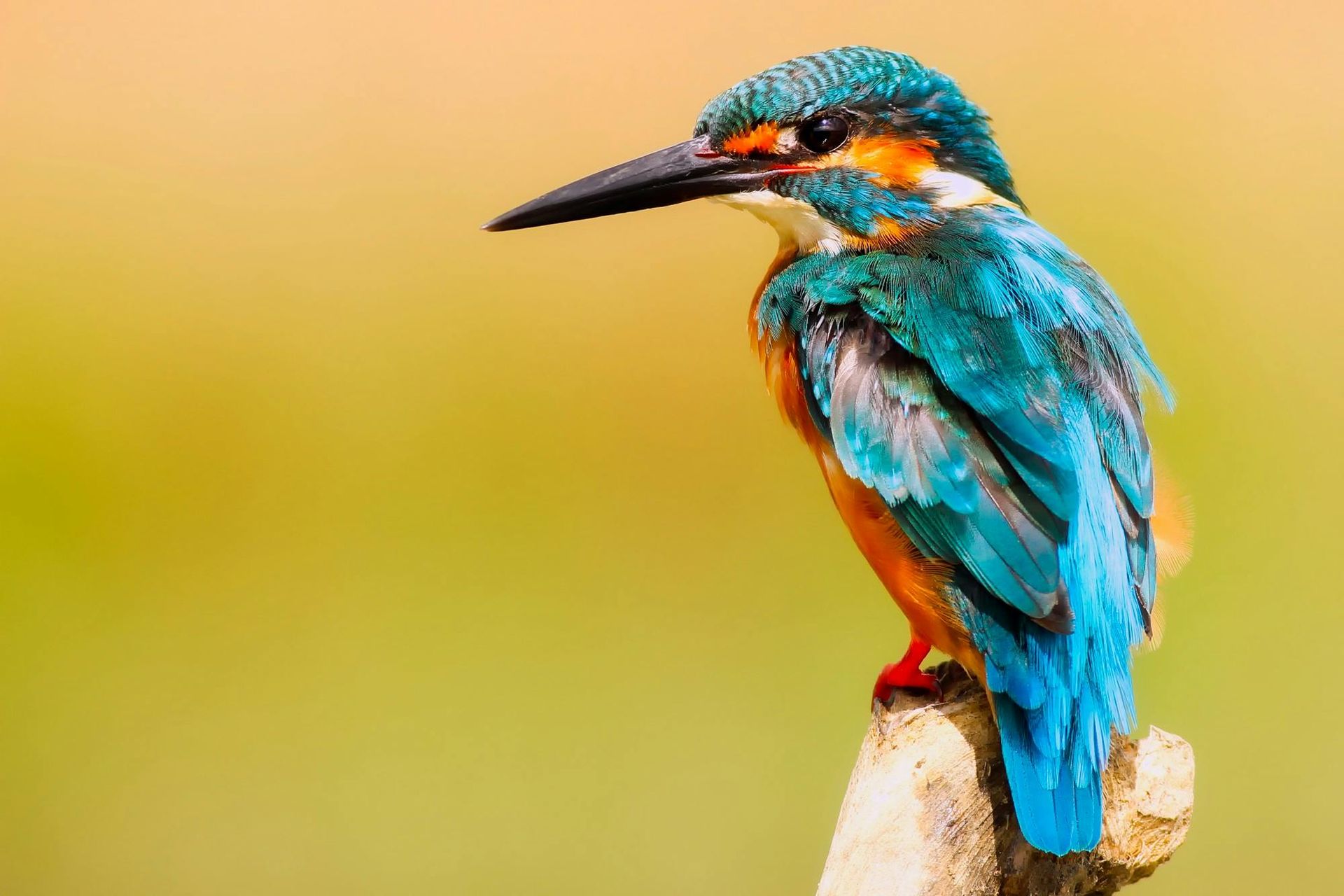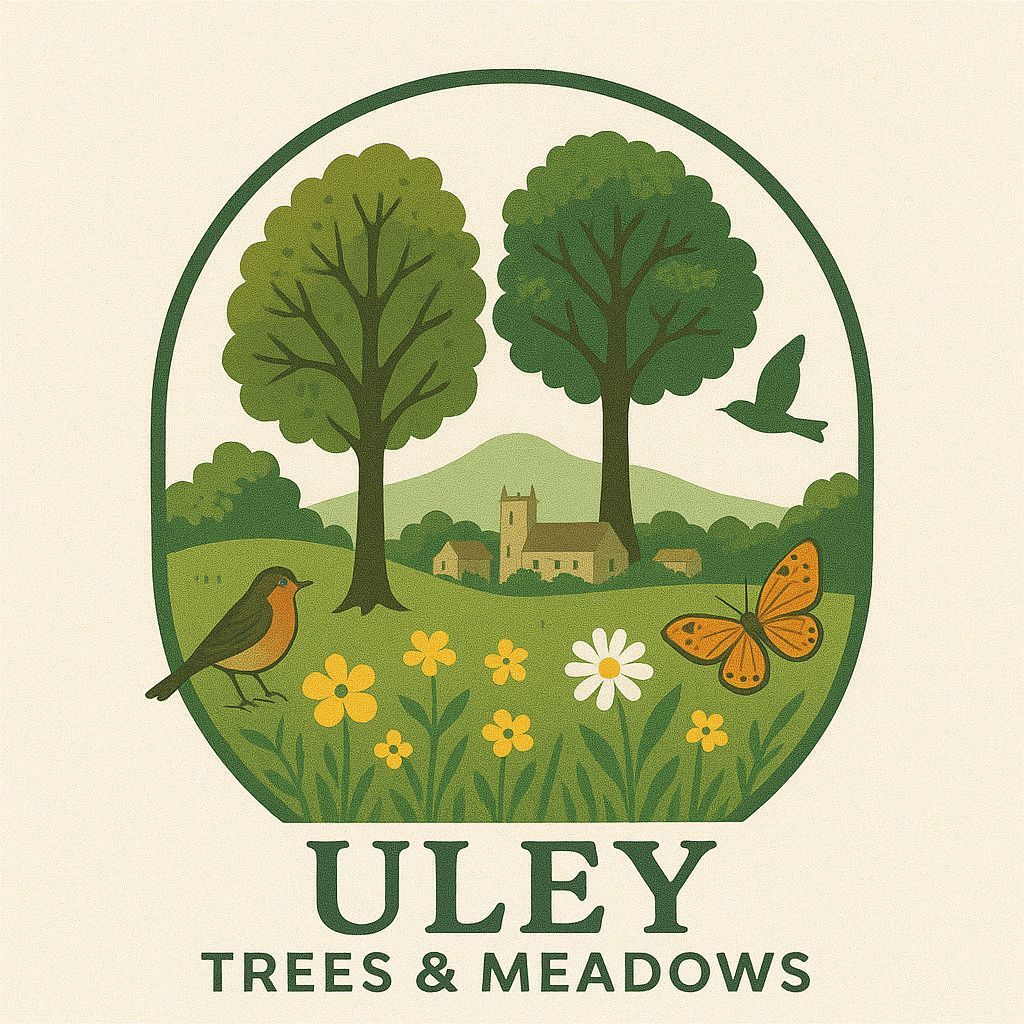BIODIVERSITY AND NATURE LOSS
What is biodiversity? Why is it critically important to our health and survival? Why is the earth's biodiversity in perilous decline?
What is biodiversity?
The Worldwide Fund for Nature (WWF) describe Biodiversity as:
"all the different kinds of life you’ll find in one area—the variety of animals, plants, fungi, and even microorganisms like bacteria that make up our natural world. Each of these species and organisms work together in ecosystems, like an intricate web, to maintain balance and support life. Biodiversity supports everything in nature that we need to survive: food, clean water, medicine, and shelter."

Biodiversity is lost when the intricate and delicate web of life is disrupted.
Human activities such as land clearing for farming, widespread chemical use that leaches into our waterways and over-consumption of the earth's natural resources, are having a catastrophic effect on the natural world. The change in the climate due to the burning of fossil fuels is adding to the problem through habitat loss and sea warming.
Scientists measuring the number of plant, animal and micro-organism species on the Earth estimate there are about 6 million different species. In the last 50 years about 1 million species have become extinct. This is very much faster than normal.
WWF’s 2024 'Living Planet Report' found an average 73% decline in global populations of mammals, fish, birds, reptiles, and amphibians since 1970
This loss matters because, apart from the distasteful destruction of life, by reducing the complexity of the ecosystem, we reduce the ability of it to grow food and be a healthy environment for us. A simple example is that if we lose bees then the crop plants on which we depend don’t grow.
For an excellent explanation of Biodiversity and its loss, see the short film ‘’Extinction – the facts’’, introduced by Sir David Attenborough
HOPE FOR FUTURE
Fortunately, nature and biodiversity can recover if we can find ways to reduce the pressure that we are inflicting. One 2024 study, that analysed hundreds of conservation projects globally, found that interventions (such as creating protected areas and eradicating invasive species) boosted biodiversity or slowed its decline in most cases (66%) compared with no action taken at all.
Some nations are beginning to take action against biodiversity loss: In August 2024, new legislation came into force requiring all EU nations to restore and protect wildlife on a fifth of their land and sea by 2030. New legislation was also introduced in England requiring all new building developments to boost nature.



